The victory of the first General Election on January 6, 1946 marked the birth of the National Assembly of Vietnam, a democratic institution, a pillar institution in the rule of law state of the people, by the people and for the people. For the first time in the history of our country, all citizens aged 18 and over participated in the General Election to elect the National Assembly of the Democratic Republic of Vietnam, now the National Assembly of the Socialist Republic of Vietnam.
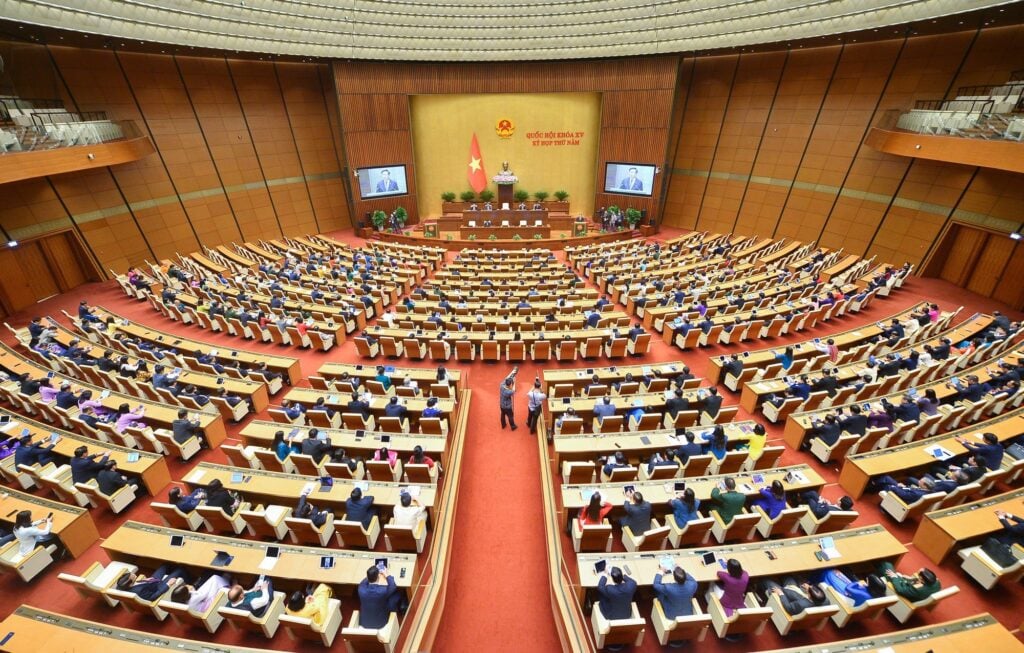
The National Assembly is the highest representative body of the People, the highest state power body of the Socialist Republic of Vietnam. The National Assembly has three main functions, including: (1) Legislation; (2) Decision on important issues of the country; (3) Supreme supervision of state activities.
The specific tasks and powers of the National Assembly of Vietnam are stipulated in the Constitution of Vietnam, including: (1) Making the Constitution and amending the Constitution; making laws and amending laws; (2) Exercising the supreme supervision over compliance with the Constitution, laws and resolutions of the National Assembly; reviewing work reports of the President, the Standing Committee of the National Assembly, the Government, the Supreme People's Court, the Supreme People's Procuracy, the National Election Council, the State Audit and other agencies established by the National Assembly; (3) Deciding on the goals, targets, policies and basic tasks for the country's socio-economic development; (4) Deciding on basic policies on national finance and currency; prescribing, amending or abolishing taxes; deciding on the division of revenues and expenditures between the central budget and local budgets; deciding on the safe limits of national debt, public debt and government debt; decide on the state budget estimates and central budget allocation, approve the state budget settlement; (5) Decide on the State's ethnic and religious policies; (6) Regulate the organization and operation of the National Assembly, the President, the Government, the People's Court, the People's Procuracy, the National Election Council, the State Audit, local authorities and other agencies established by the National Assembly; (7) Elect, dismiss or remove the President, Vice President, Chairman of the National Assembly, Vice Chairmen of the National Assembly, members of the National Assembly Standing Committee, Chairman of the Ethnic Council, Chairmen of the National Assembly Committees, Prime Minister, Chief Justice of the Supreme People's Court, Chief Prosecutor of the Supreme People's Procuracy, Chairman of the National Election Council, State Auditor General, heads of other agencies established by the National Assembly; approve proposals for appointment, dismissal or removal of Deputy Prime Ministers, Ministers and other members of the Government, and Judges of the Supreme People's Court; Approve the list of members of the National Defense and Security Council and the National Election Council. After being elected, the President, the Chairman of the National Assembly, the Prime Minister, and the Chief Justice of the Supreme People's Court must swear allegiance to the Fatherland, the People, and the Constitution; (8) Vote of confidence on the person holding the position elected or approved by the National Assembly; (9) Decide on the establishment or abolition of ministries and ministerial-level agencies of the Government; establish, dissolve, merge, divide, or adjust the administrative boundaries of provinces, centrally run cities, and special administrative-economic units; establish or abolish other agencies in accordance with the provisions of the Constitution and laws; (10) Abolish documents of the President, the National Assembly Standing Committee, the Government, the Prime Minister, the Supreme People's Court, and the Supreme People's Procuracy that are contrary to the Constitution, laws, or resolutions of the National Assembly; (11) Decide on general amnesty; (12) Prescribe ranks and titles in the people's armed forces, diplomatic ranks and titles, and other state ranks and titles; prescribe medals, badges, and state honorary titles; (13) Decide on issues of war and peace; prescribe on states of emergency and other special measures to ensure national defense and security; (14) Decide on basic foreign policy; ratify, decide on accession to, or termination of the validity of international treaties related to war, peace, national sovereignty, and membership of the Socialist Republic of Vietnam in important international and regional organizations, international treaties on human rights, basic rights and obligations of citizens, and other international treaties that are contrary to laws and resolutions of the National Assembly; (15) Decide on referendums.
The National Assembly of Vietnam operates in a conference regime and makes decisions by majority vote. The effectiveness of the National Assembly's activities is ensured by the effectiveness of the National Assembly's sessions, the activities of the National Assembly Standing Committee, the Nationalities Council, the National Assembly's Committees, the National Assembly delegations, the National Assembly deputies, and the effectiveness of the coordination of activities with the President, the Government, the Supreme People's Court, the Supreme People's Procuracy, the Central Committee of the Vietnam Fatherland Front, and other agencies and organizations. The term of each National Assembly is 05 years, from the opening date of the first session of the National Assembly of that term to the opening date of the first session of the National Assembly of the next term. Sixty days before the end of the National Assembly's term, the new National Assembly must be elected. In special cases, if at least two-thirds of the total number of National Assembly deputies vote in favor, the National Assembly shall decide to shorten or extend its term at the proposal of the National Assembly Standing Committee. The extension of the term of a National Assembly session shall not exceed 12 months, except in the event of war. Normally, the National Assembly of Vietnam meets regularly twice a year, convened by the Standing Committee of the National Assembly. However, the Standing Committee of the National Assembly may convene extraordinary sessions upon its decision, or when requested by the President, the Prime Minister, or at least 1/3 of the total number of National Assembly deputies. National Assembly meetings are public, some sessions are televised and broadcast live. Representatives of State agencies, social organizations, economic organizations, armed forces, press agencies, citizens and international guests may be invited to attend public sessions of the National Assembly. The head of the National Assembly of Vietnam is the Chairman of the National Assembly. The Chairman of the National Assembly presides over National Assembly sessions; signs to certify the Constitution, laws and resolutions of the National Assembly; directs the work of the Standing Committee of the National Assembly; organizes and implements the National Assembly's foreign relations; and maintains relations with National Assembly deputies. The Vice Chairmen of the National Assembly assist the Chairman of the National Assembly in performing his duties as assigned by the Chairman of the National Assembly. The total number of National Assembly deputies shall not exceed 500, including full-time deputies and part-time deputies. The number of full-time National Assembly deputies shall be at least 40% of the total number of National Assembly deputies. The Standing Committee of the National Assembly is the permanent body of the National Assembly. The Standing Committee of the National Assembly consists of the Chairman of the National Assembly, Vice Chairmen of the National Assembly and members of the Standing Committee of the National Assembly, with the Chairman of the National Assembly as Chairman and the Vice Chairmen of the National Assembly as Vice Chairmen. The National Assembly establishes specialized agencies including: the Council of Nationalities; 09 Committees (the Law Committee; the Judicial Committee; the Economic Committee; the Finance and Budget Committee; the National Defense and Security Committee; the Culture and Education Committee; the Social Committee; the Science, Technology and Environment Committee; and the Foreign Affairs Committee). The National Assembly delegation consists of National Assembly deputies elected in a province or centrally-run city; The National Assembly Office is an advisory body that assists the National Assembly, the National Assembly Standing Committee, the Nationalities Council, and the National Assembly Committees and the National Assembly Standing Committee's Committees. In addition, the National Assembly Standing Committee also establishes agencies under the National Assembly Standing Committee to advise and assist the National Assembly Standing Committee in specific areas of work, including: the Delegation Affairs Committee, the Petition Committee, and the Institute for Legislative Studies. The National Assembly of Vietnam is currently a member of the Inter-Parliamentary Union (IPU), the Inter-Parliamentary Assembly of the Association of Southeast Asian Nations (AIPA), the Inter-Parliamentary Union of the Francophone Community (APF), a founding member of the Asia-Pacific Parliamentarians' Forum (APPF), the Asian Inter-Parliamentary Organization for Peace (AAPP);... Inheriting and promoting the fine traditions of previous National Assemblies, the 15th National Assembly (2021-2026) led by National Assembly Chairman Vuong Dinh Hue has continued to innovate methods, improve the quality and effectiveness of the National Assembly's operations for the ultimate goal of serving the interests of the nation and people, for the happiness of the people; highly promoting democracy, solidarity, rule of law, integrity, publicity, transparency, increasing professionalism, constantly improving the quality and effectiveness of the National Assembly's operations in terms of legislation, supreme supervision and deciding on important issues of the country. On the basis of thoroughly grasping and promptly institutionalizing the Resolution of the 13th National Party Congress, in the first years of the 15th National Assembly's term, the National Assembly has continuously improved the quality of legislative work and discipline, legislative process discipline, built a synchronous, unified, stable, feasible legal system, ensuring the constitutionality and legality of the legal system and in accordance with international treaties to which Vietnam is a member in order to create a complete legal corridor to create sustainable development of the country, taking people and businesses as the center. Continue to innovate and promote supervision work, considering this a key and central step to improve the effectiveness and efficiency of the National Assembly's operations. Continue to innovate methods and ways of organizing questioning and answering questions, strengthen questioning activities at the National Assembly Standing Committee, explanation activities at the Ethnic Council, and Committees of the National Assembly; Supervision activities of National Assembly deputies and National Assembly delegations, focusing on supervising law enforcement and supervising the implementation of recommendations after supervision, associated with accountability of relevant organizations and individuals, especially the responsibility of leaders... Continuously innovate working methods and improve the quality of decisions on important issues of the country regarding the organization of the apparatus and high-level personnel of the State; on goals, targets, policies, basic tasks of socio-economic development, investment policies for national target programs, important national projects. Improve the quality, effectiveness, efficiency, and decisions on basic policies on national finance and currency, ensure discipline, order, publicity, transparency associated with accountability in the financial and budgetary sector. Improve the quality of decisions on basic policies on foreign affairs; Continue to strengthen the National Assembly's foreign affairs in conjunction with the Party's foreign affairs, State diplomacy and people's diplomacy, contributing to enhancing the prestige of the National Assembly and the country's position in the international arena; Promote digital transformation in the organization and operation of the National Assembly. Continue to innovate and improve the quality and effectiveness of advisory work, assistance and service to the activities of the National Assembly; the work of directing, guiding and supervising the activities of the People's Council; innovate and strengthen voter contact activities, consultation, listening to opinions, and closely connecting with voters. To achieve the goals of the term, according to initial statistics, in the first 3 years of the term, the 15th National Assembly has issued about 136 official normative documents (of which, the National Assembly issued 101 legal documents, the National Assembly Standing Committee issued 35 legal documents); 793 directions of the National Assembly Leaders at Conferences, Forums, Meetings,... Over the history of nearly 80 years of formation and development, the Vietnamese National Assembly under the leadership of the Party has always affirmed itself as a place where the intelligence, bravery, and strength of national solidarity are concentrated, expressing the will and aspirations of voters, always accompanying the nation in every revolutionary stage, always fulfilling the assigned mission and responsibility.
According to nghisitre.quochoi.vn
Source

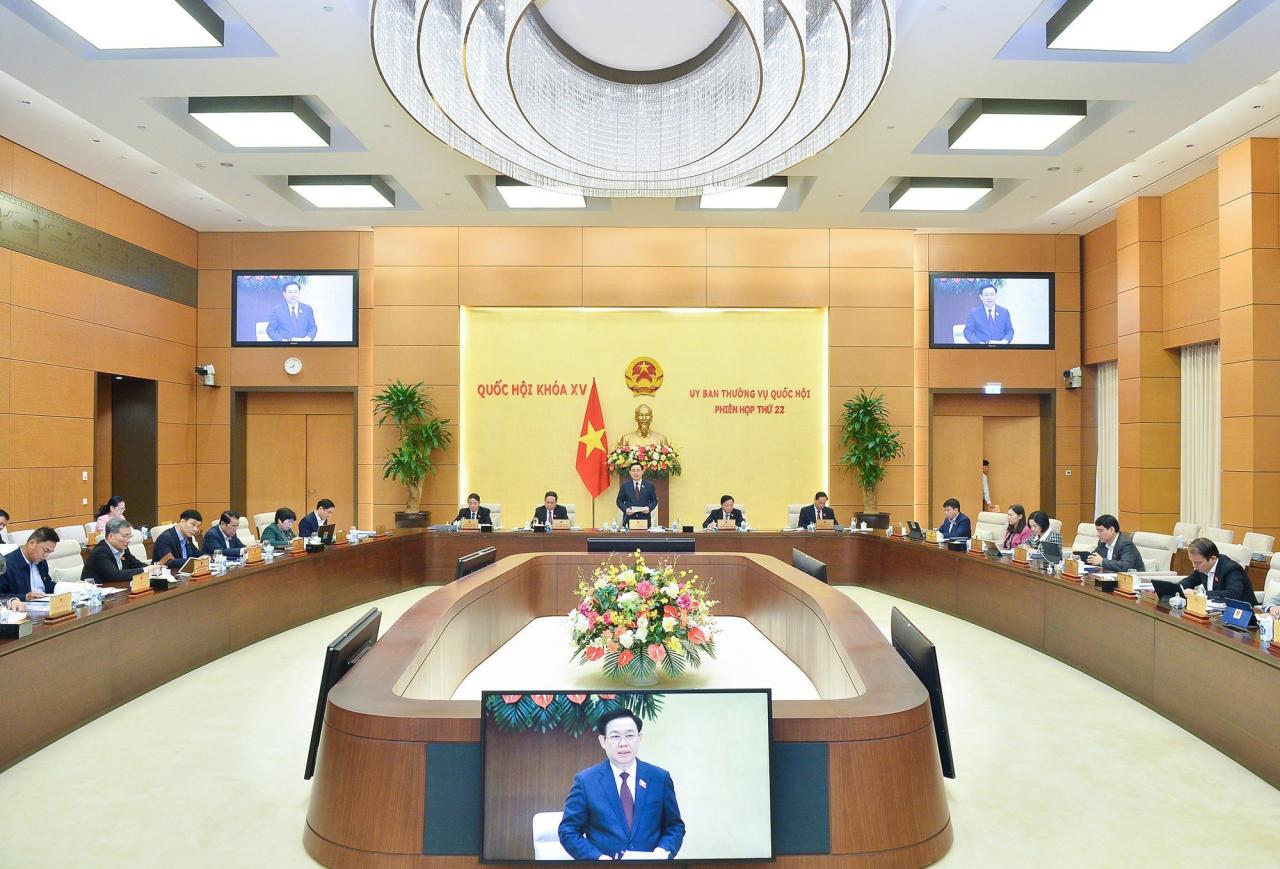
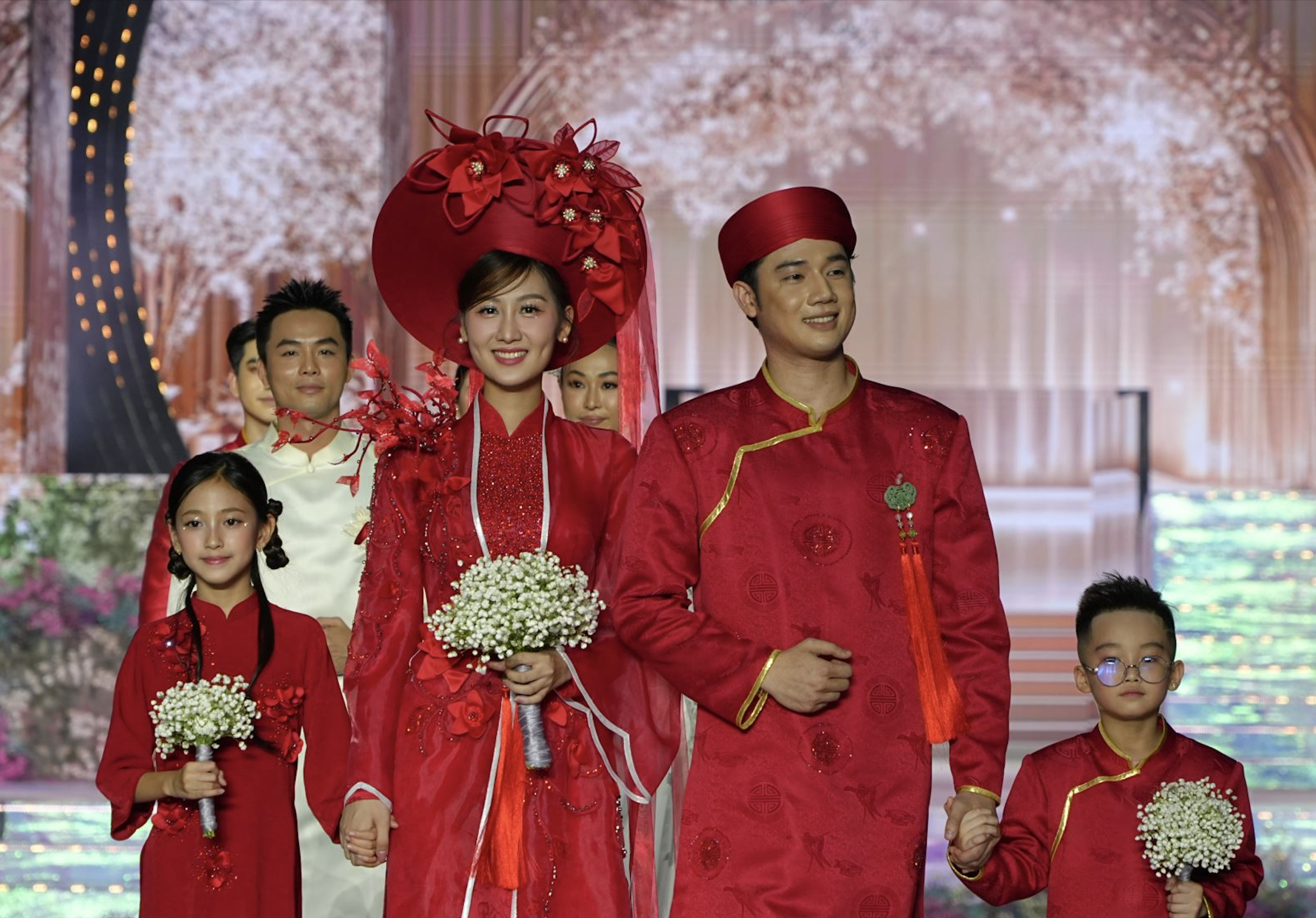




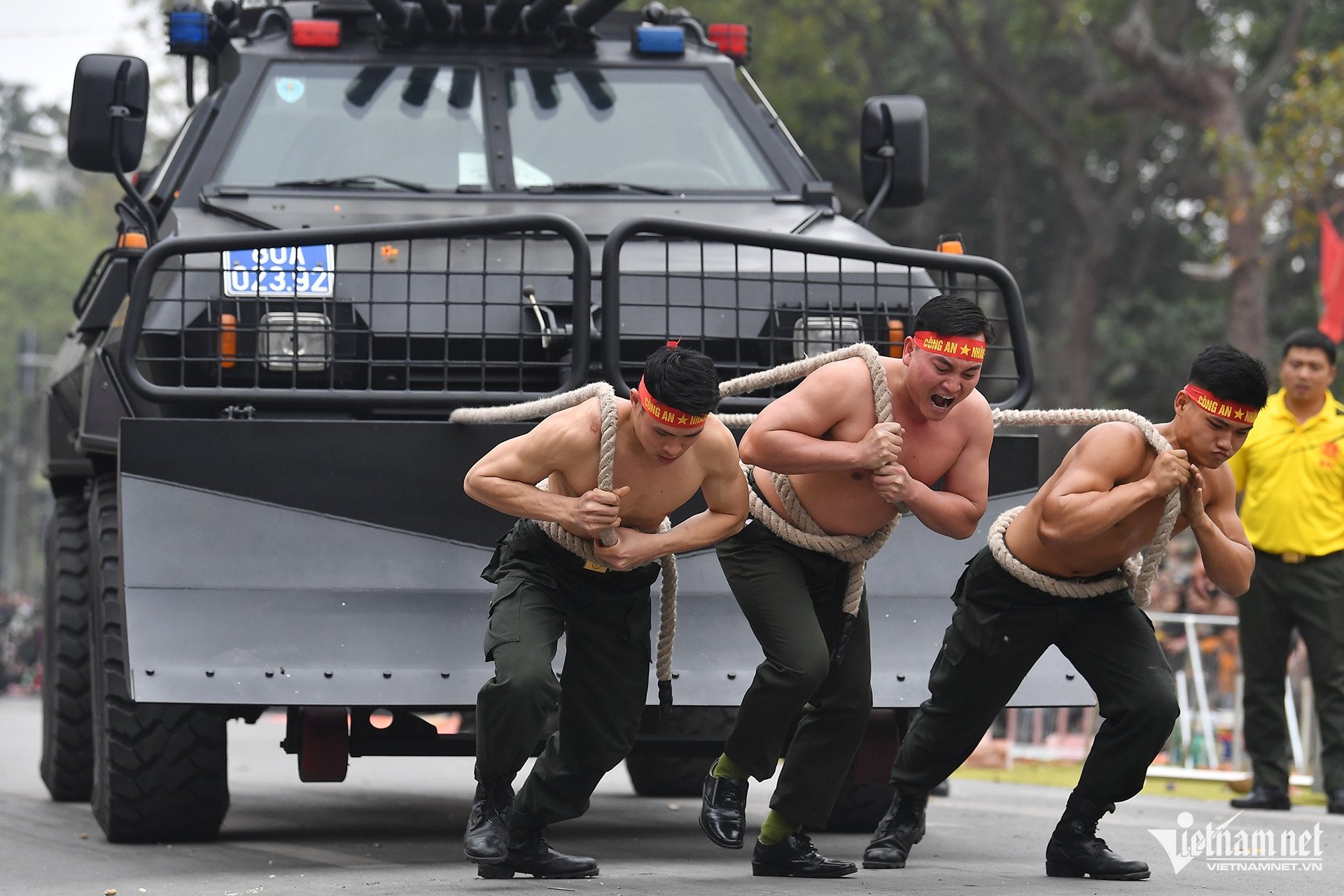
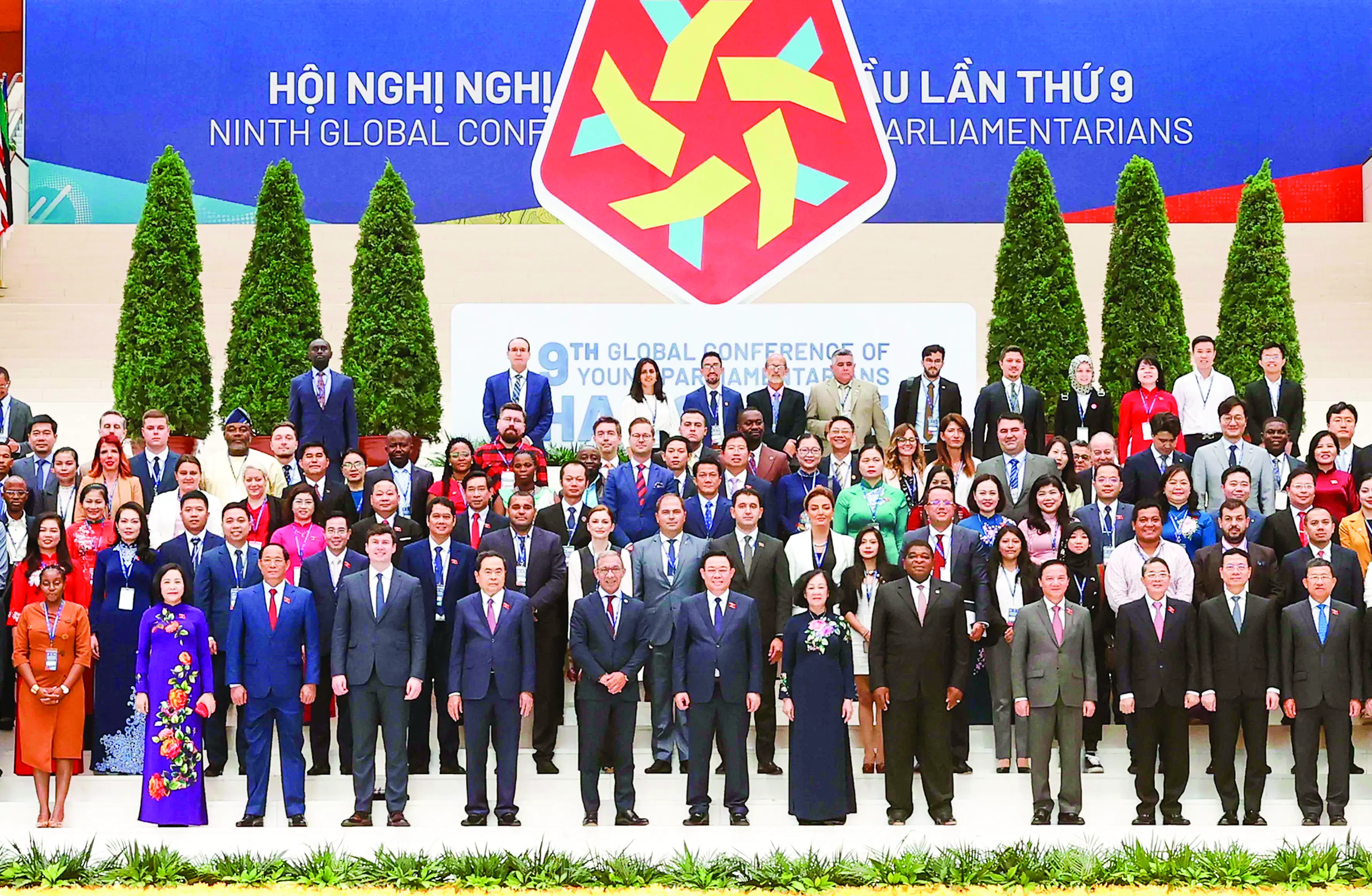
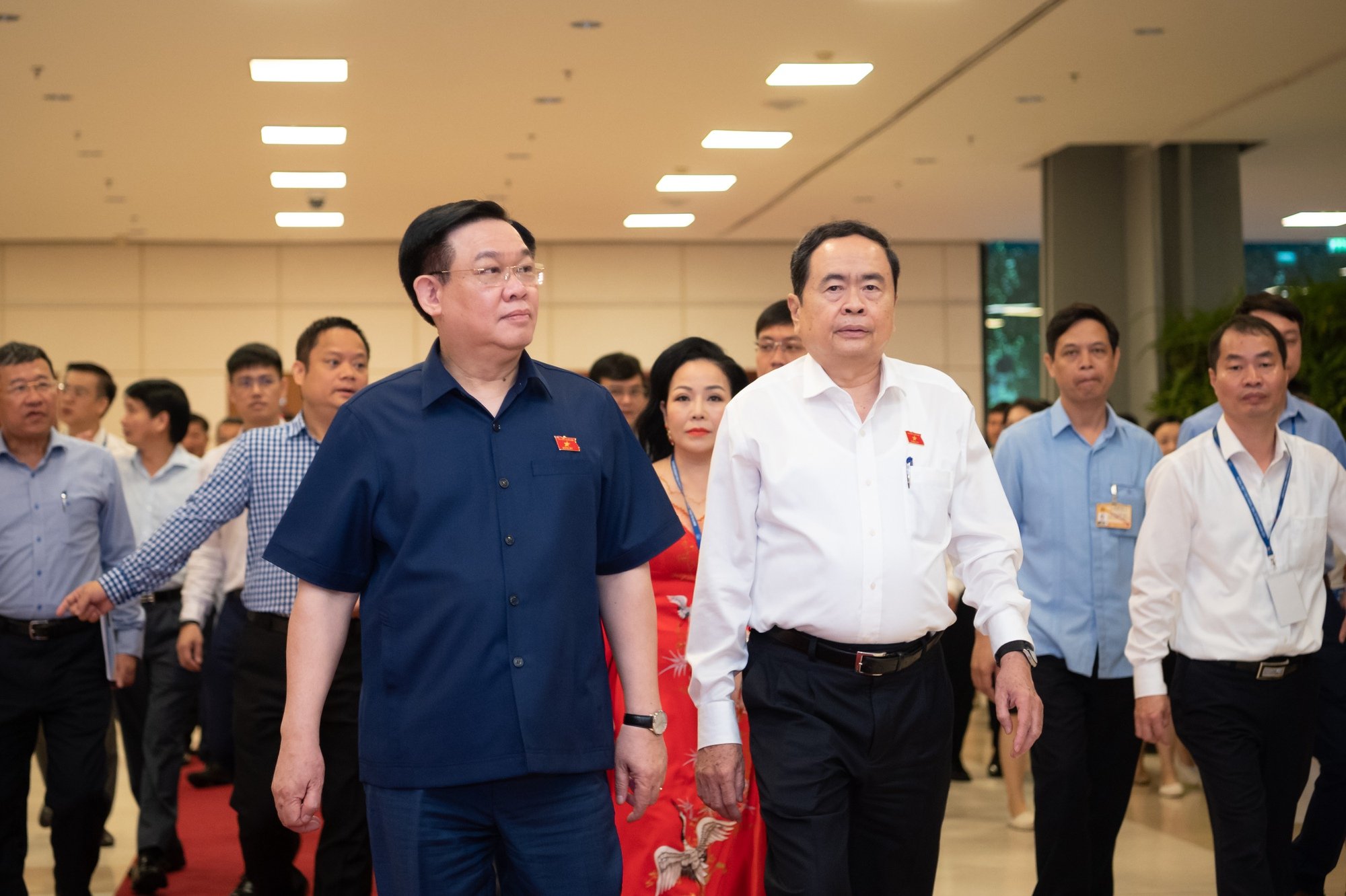
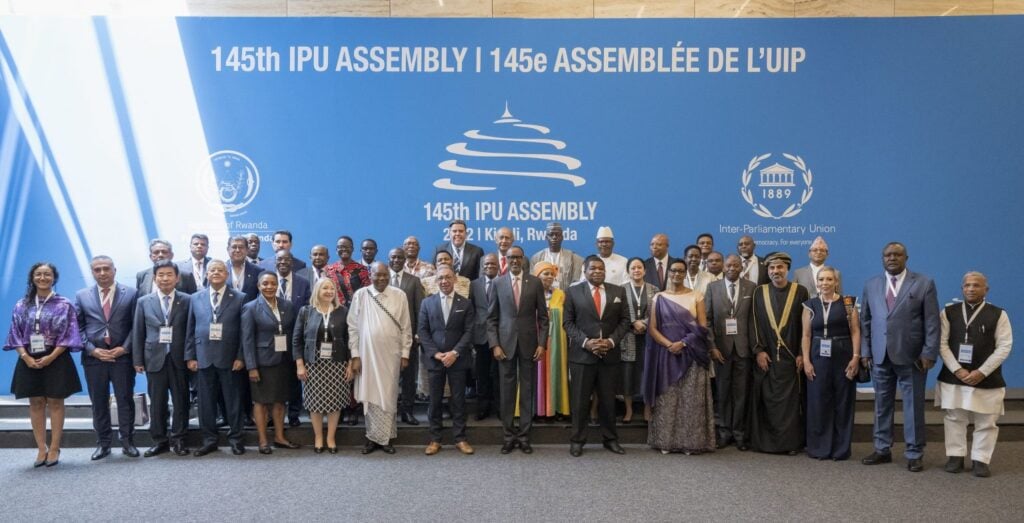
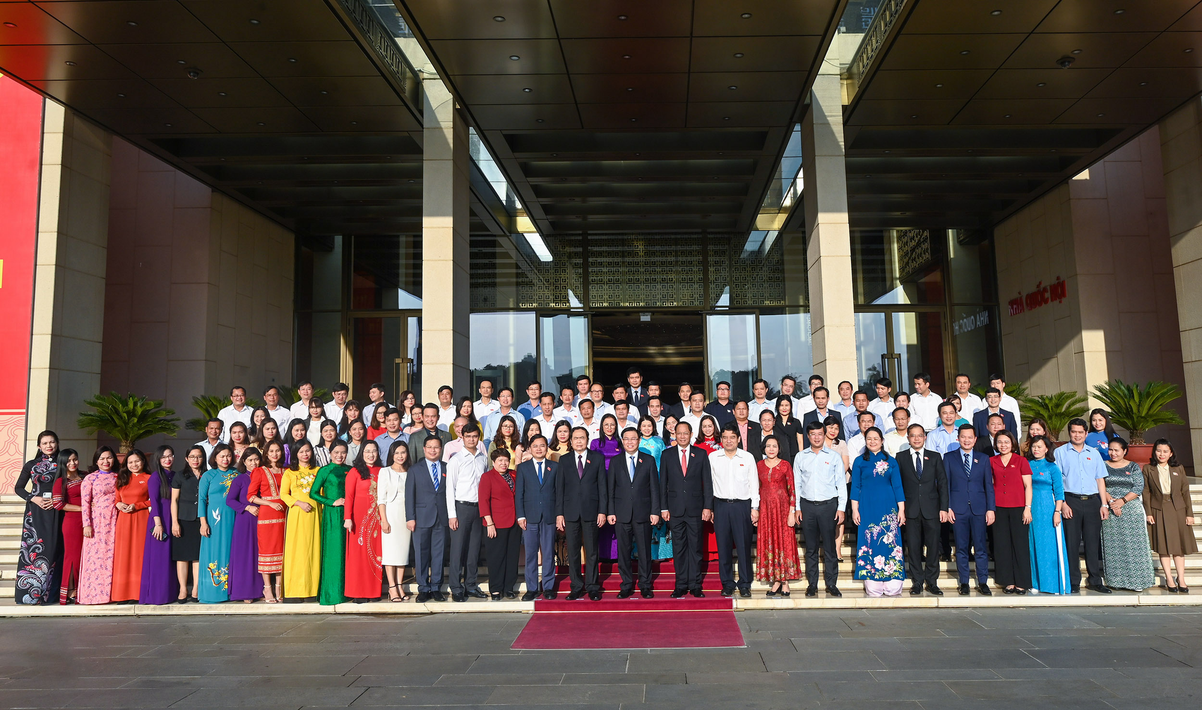
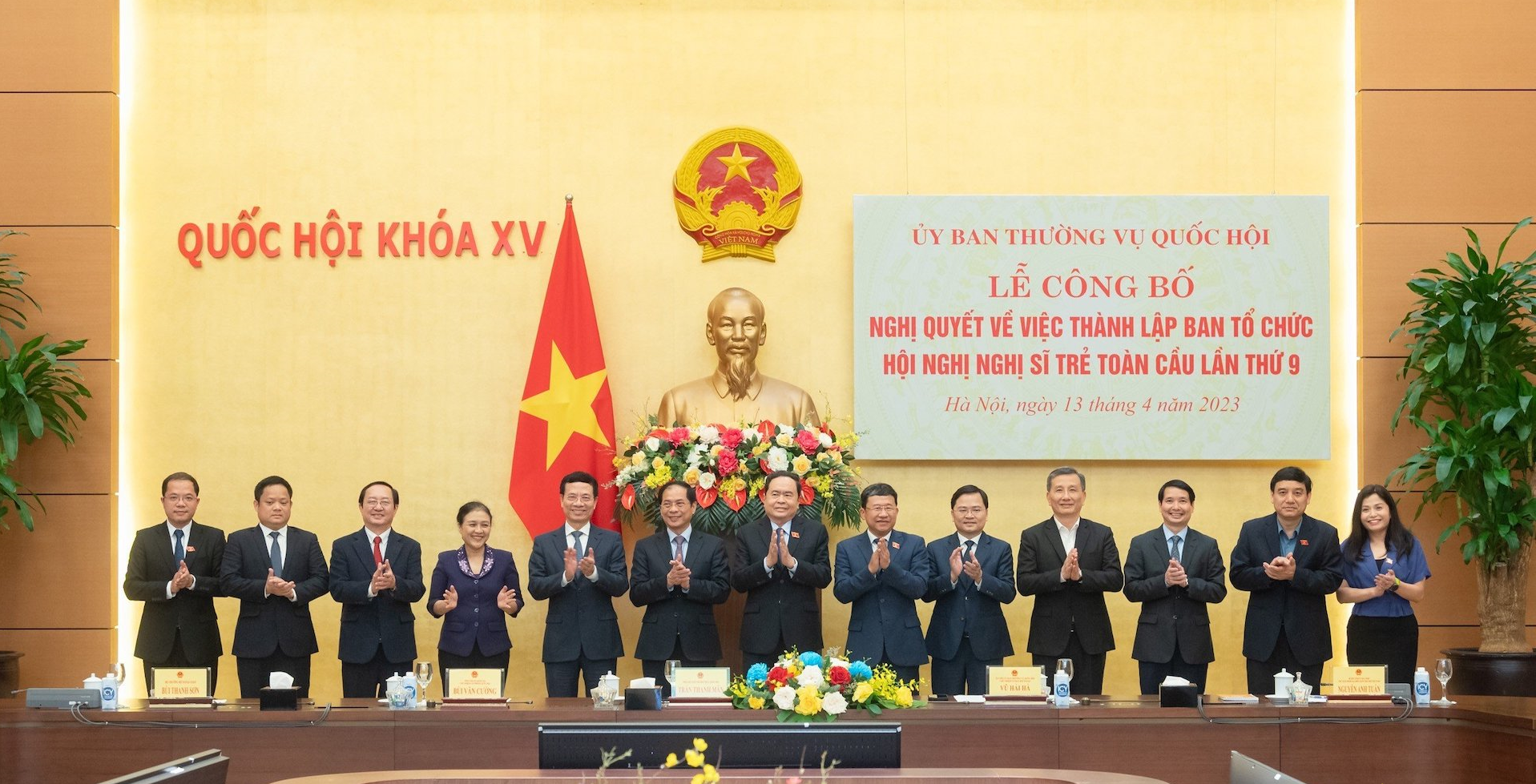
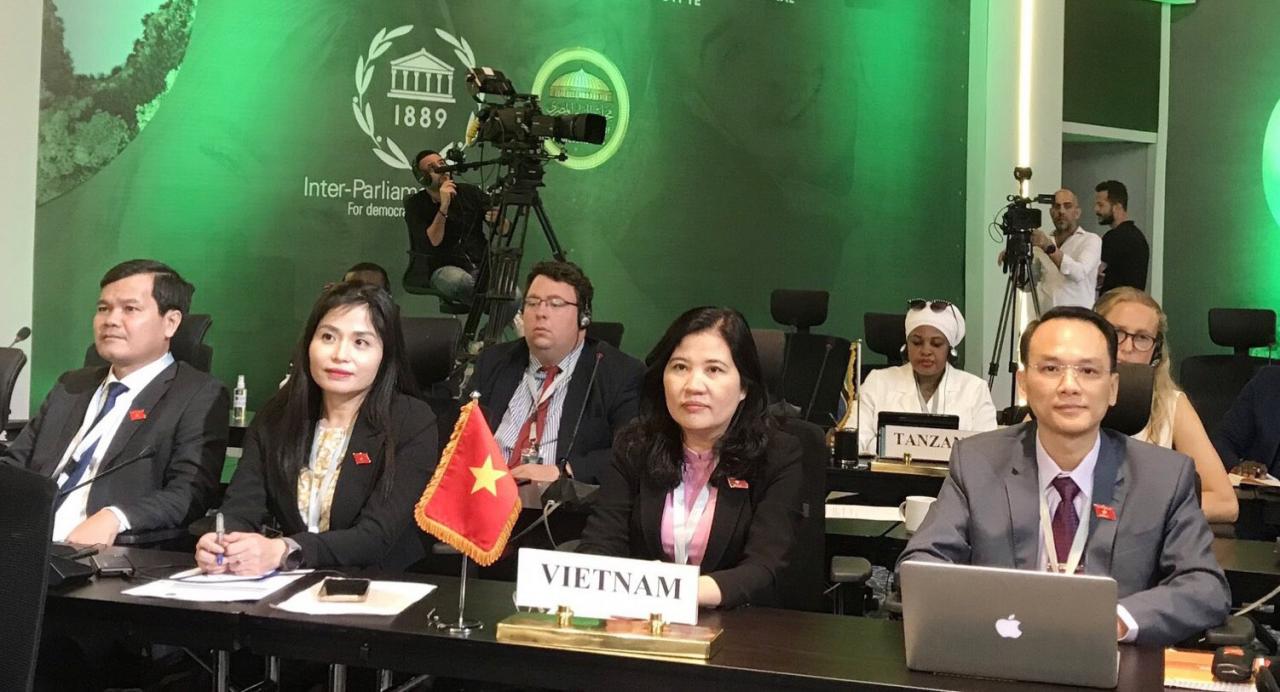
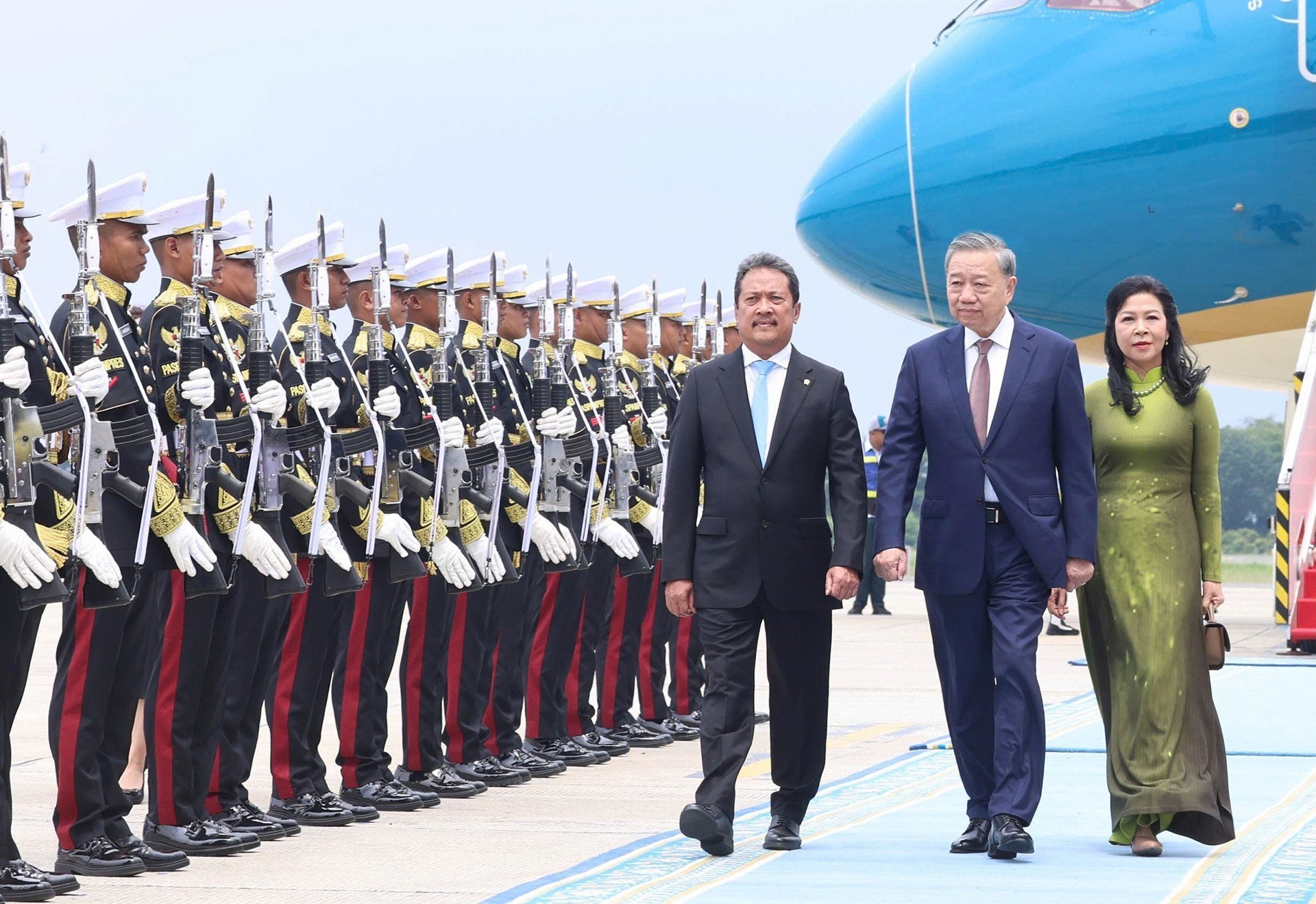
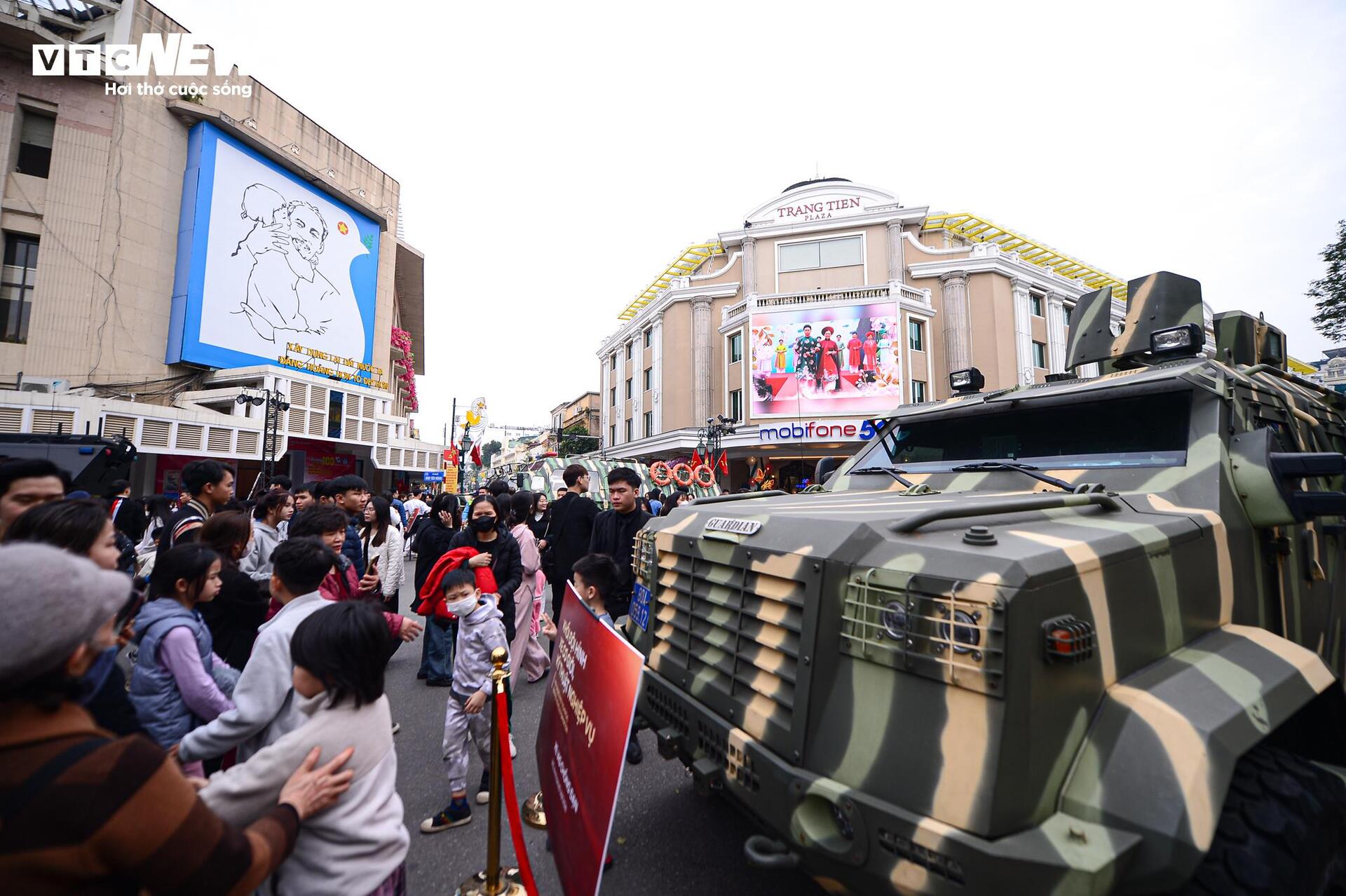

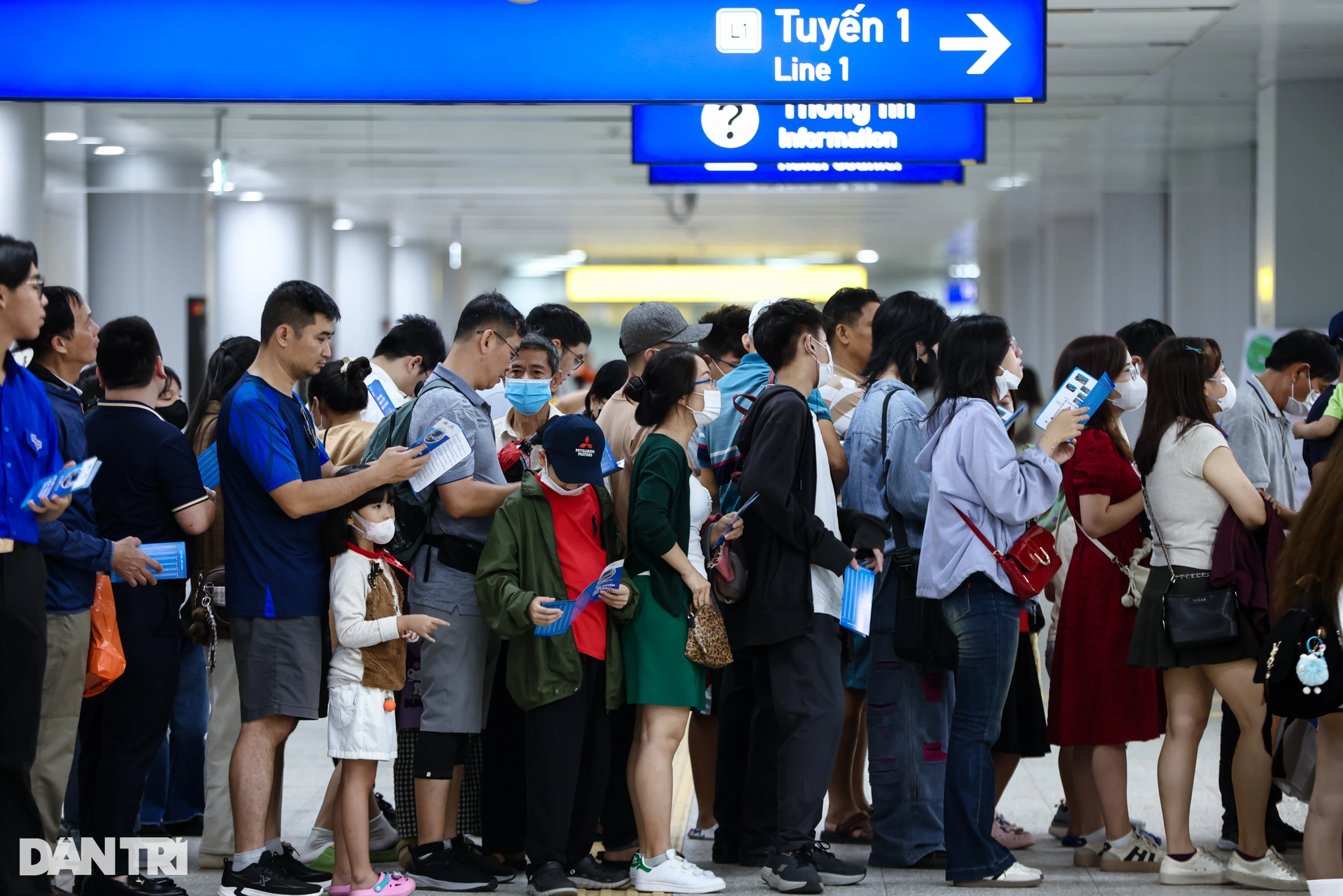
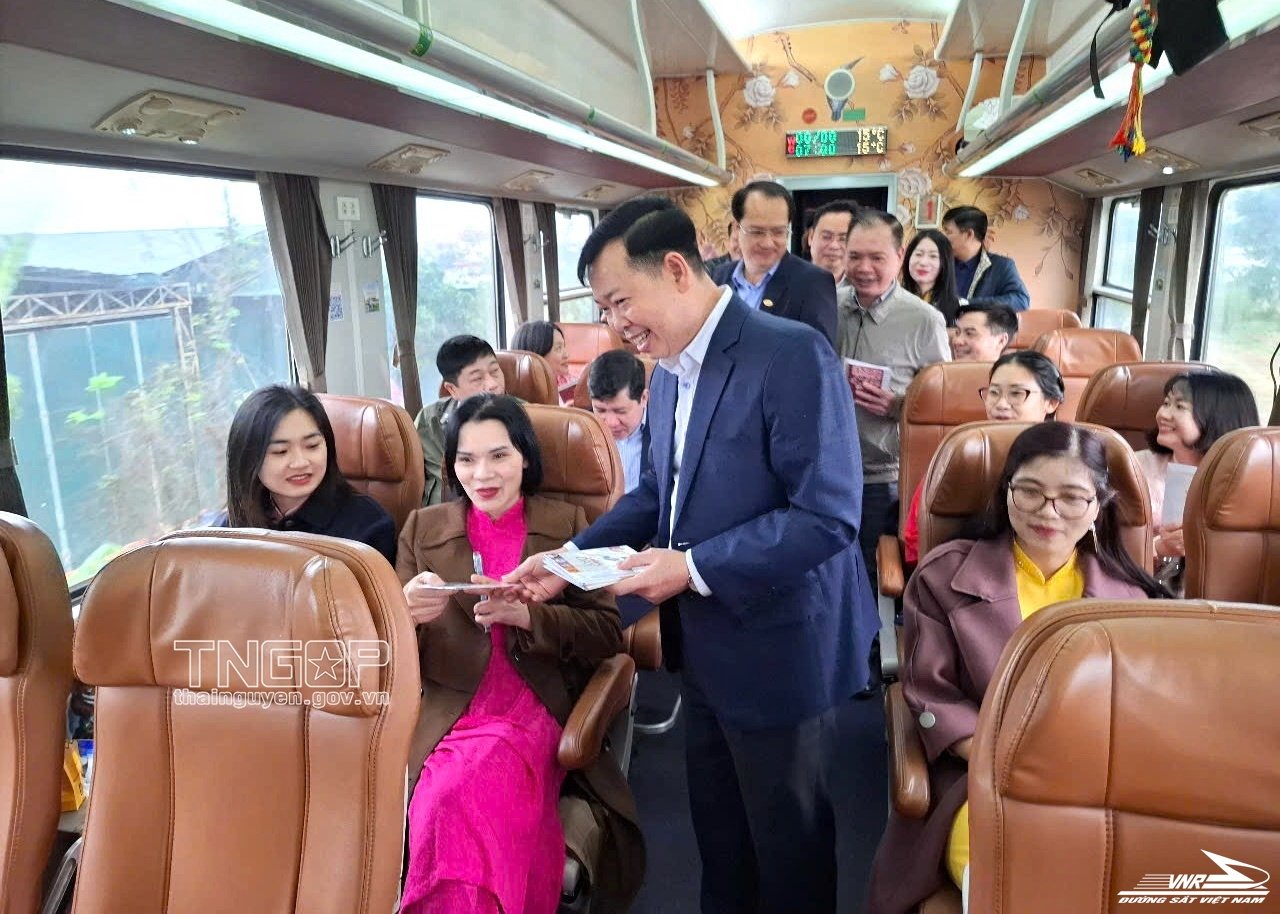


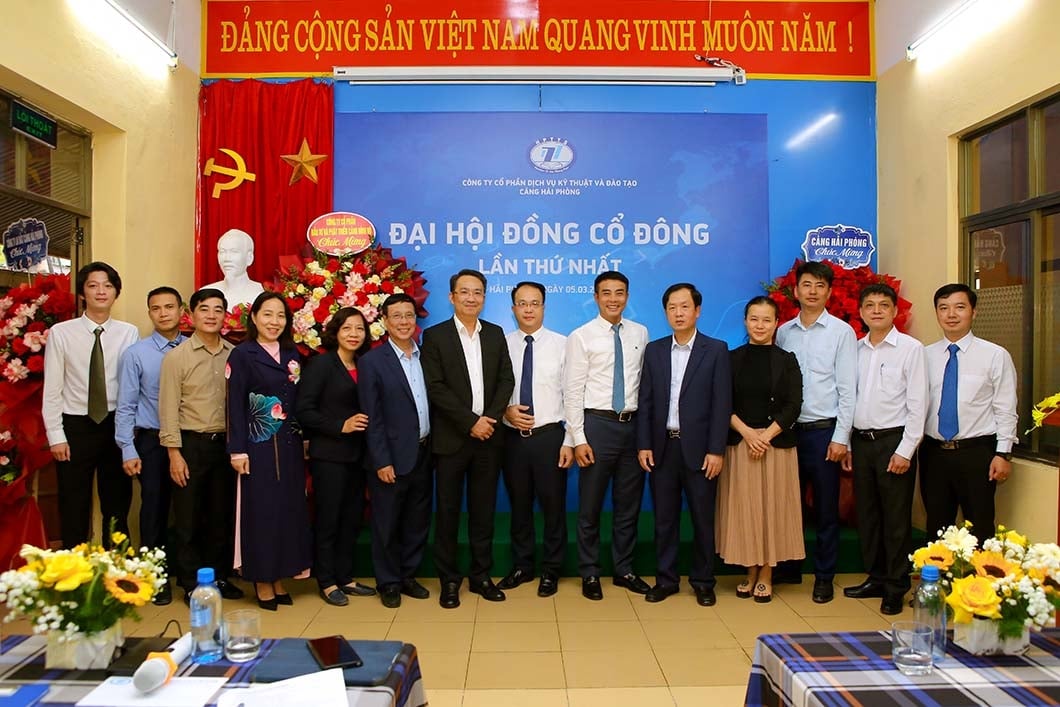

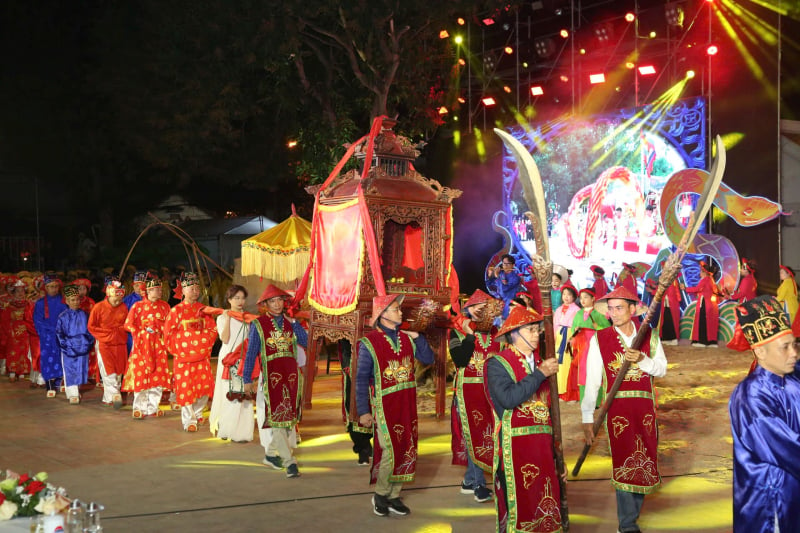

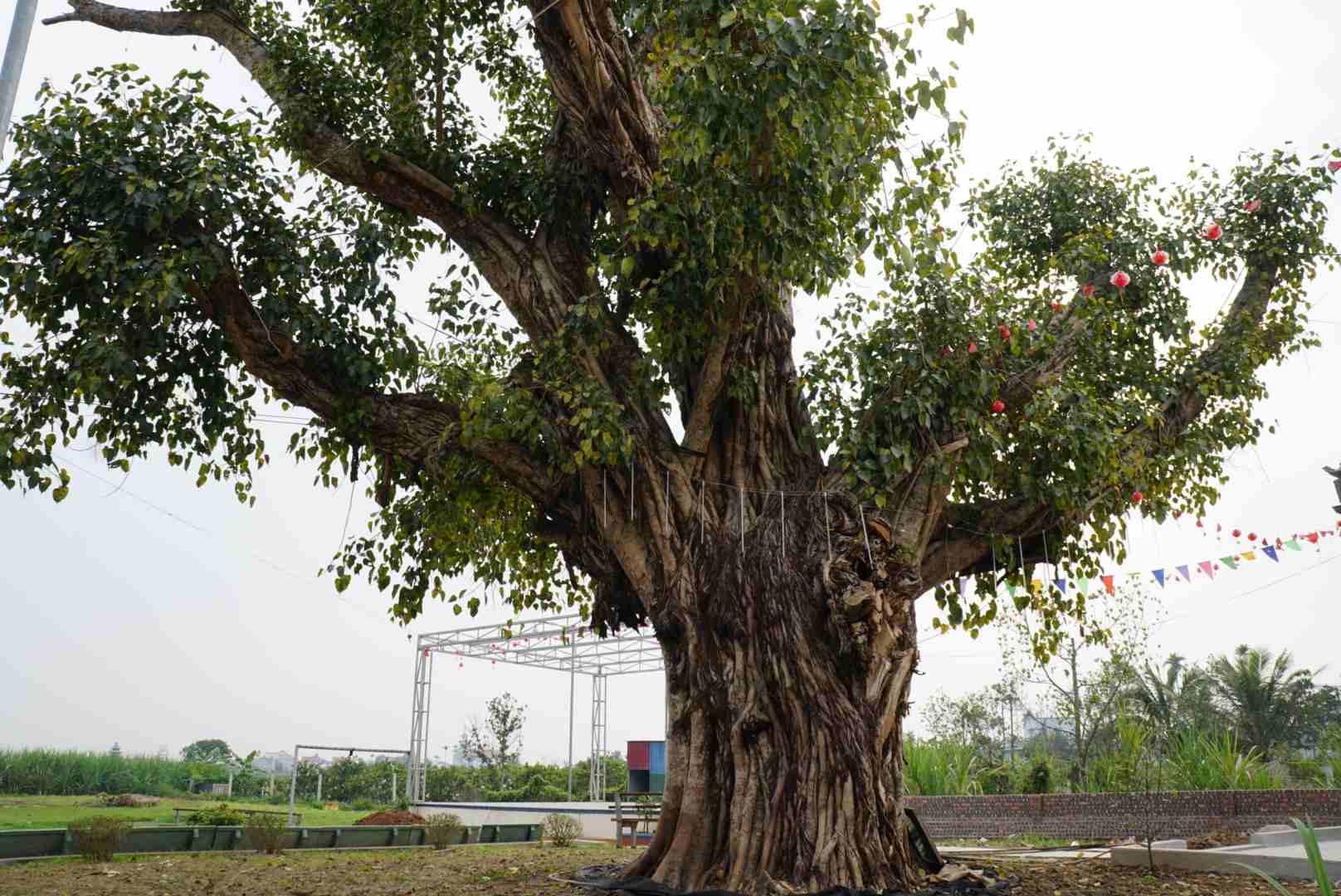



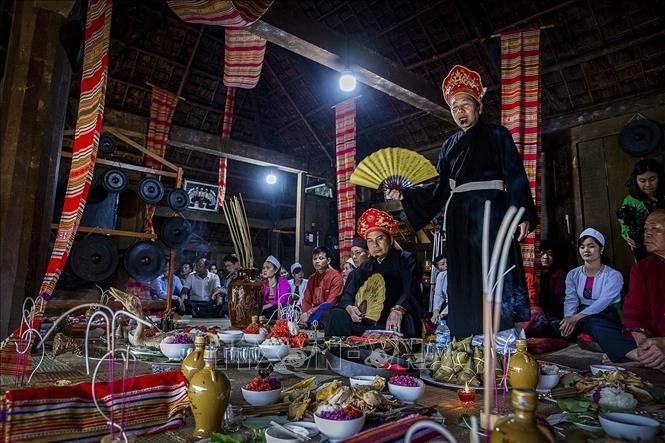

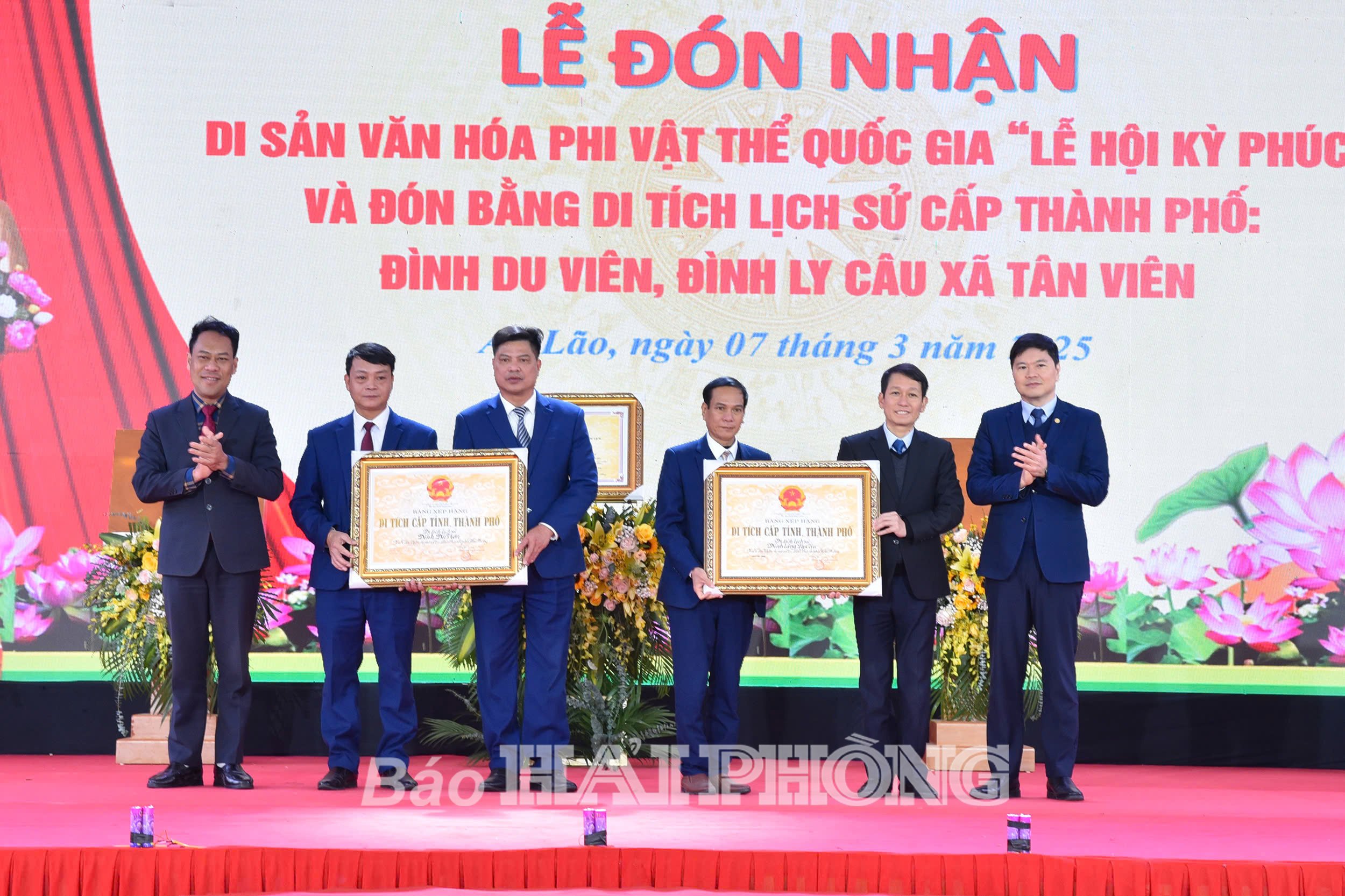
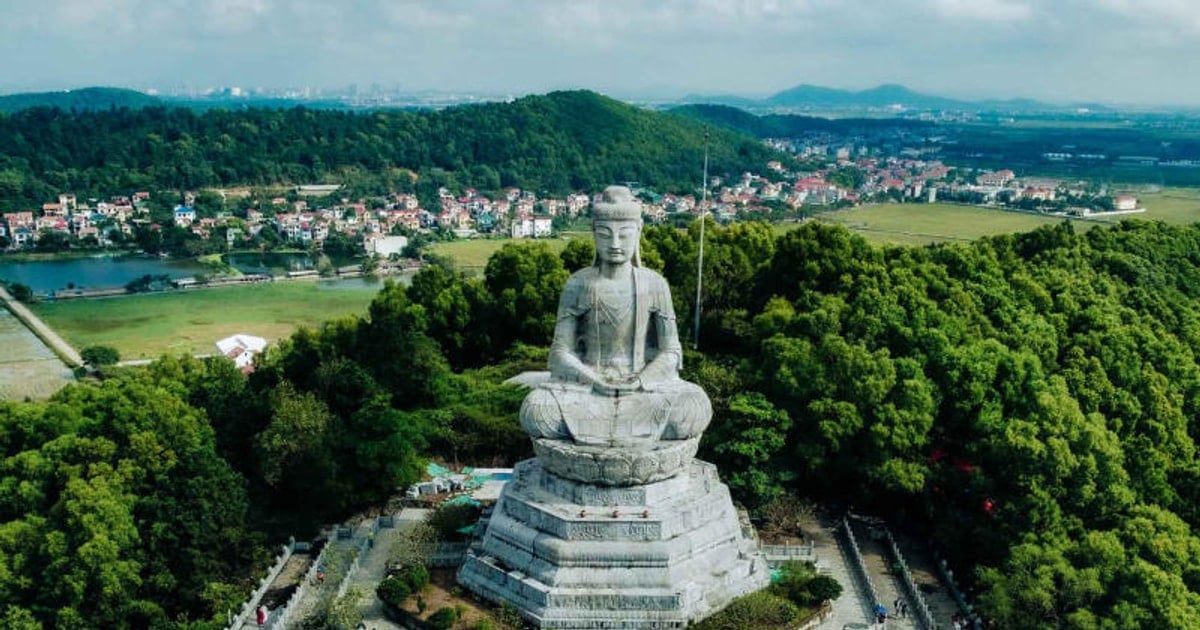

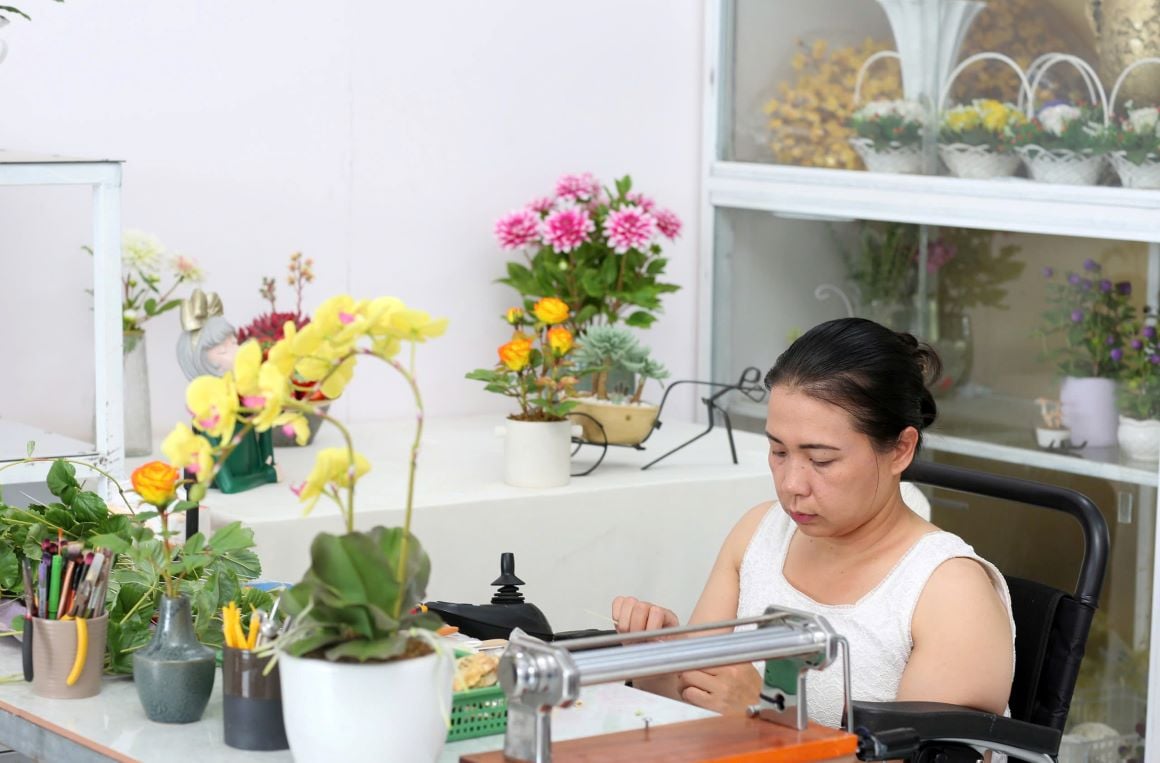


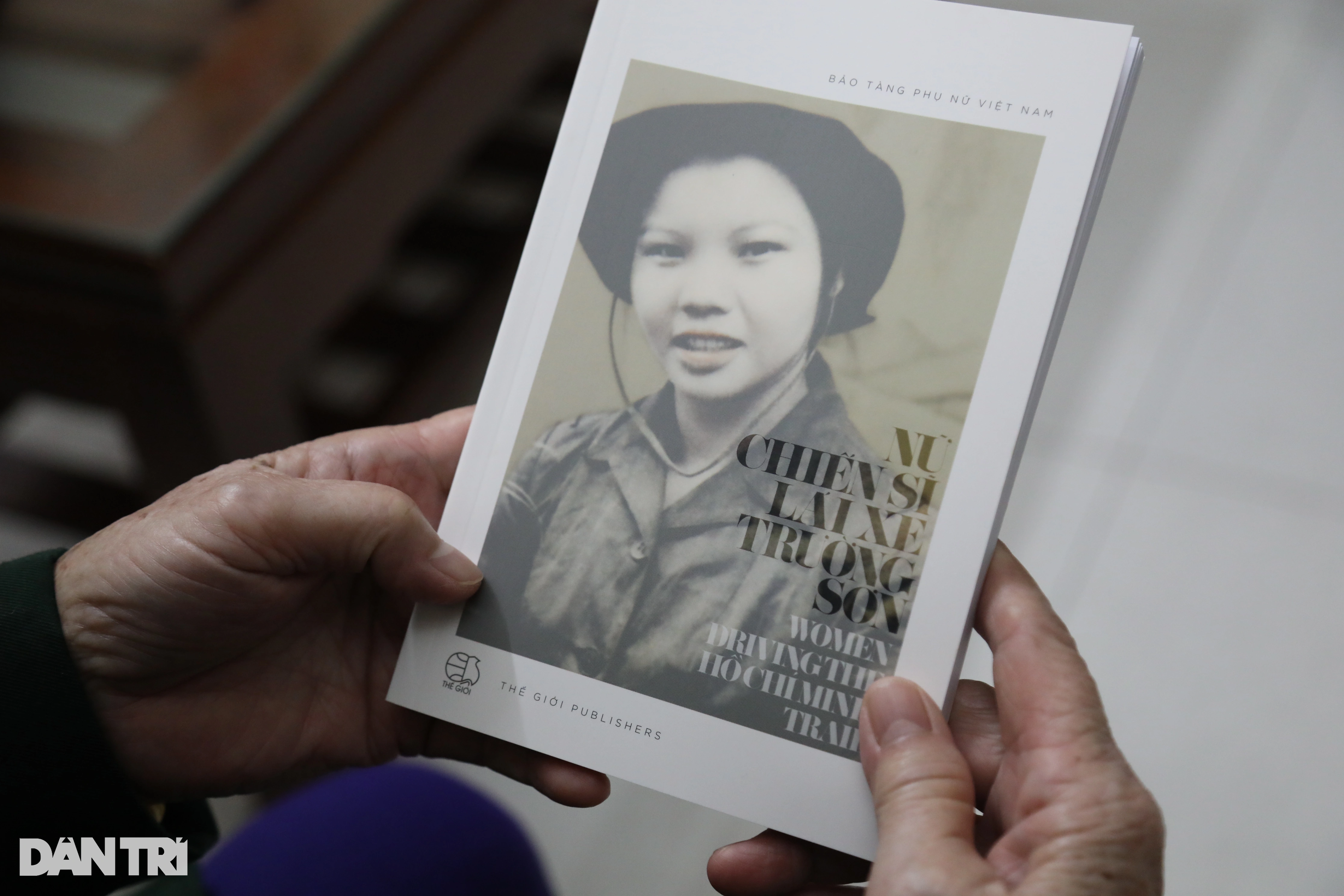
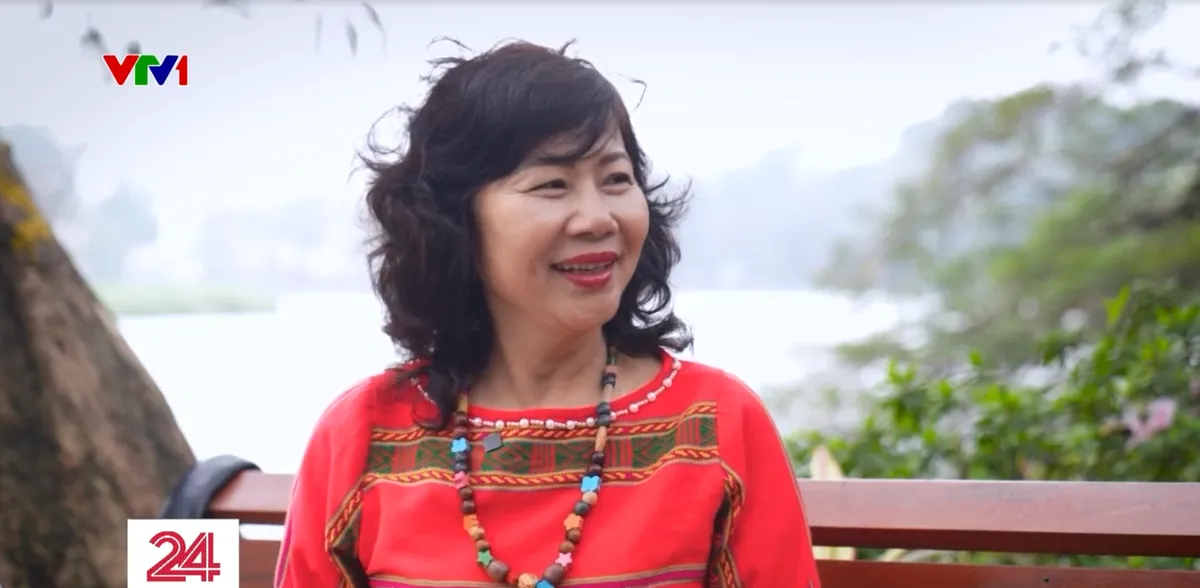



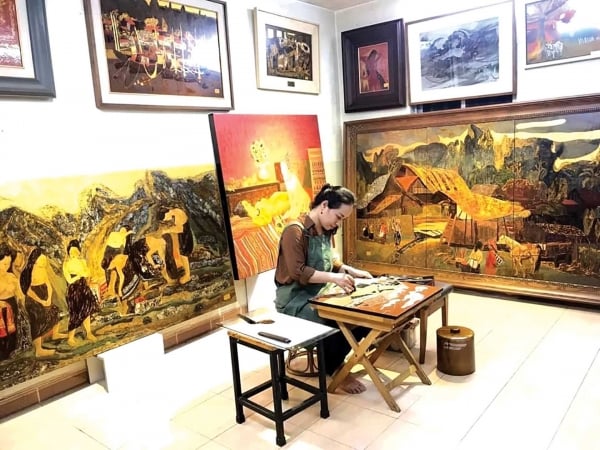








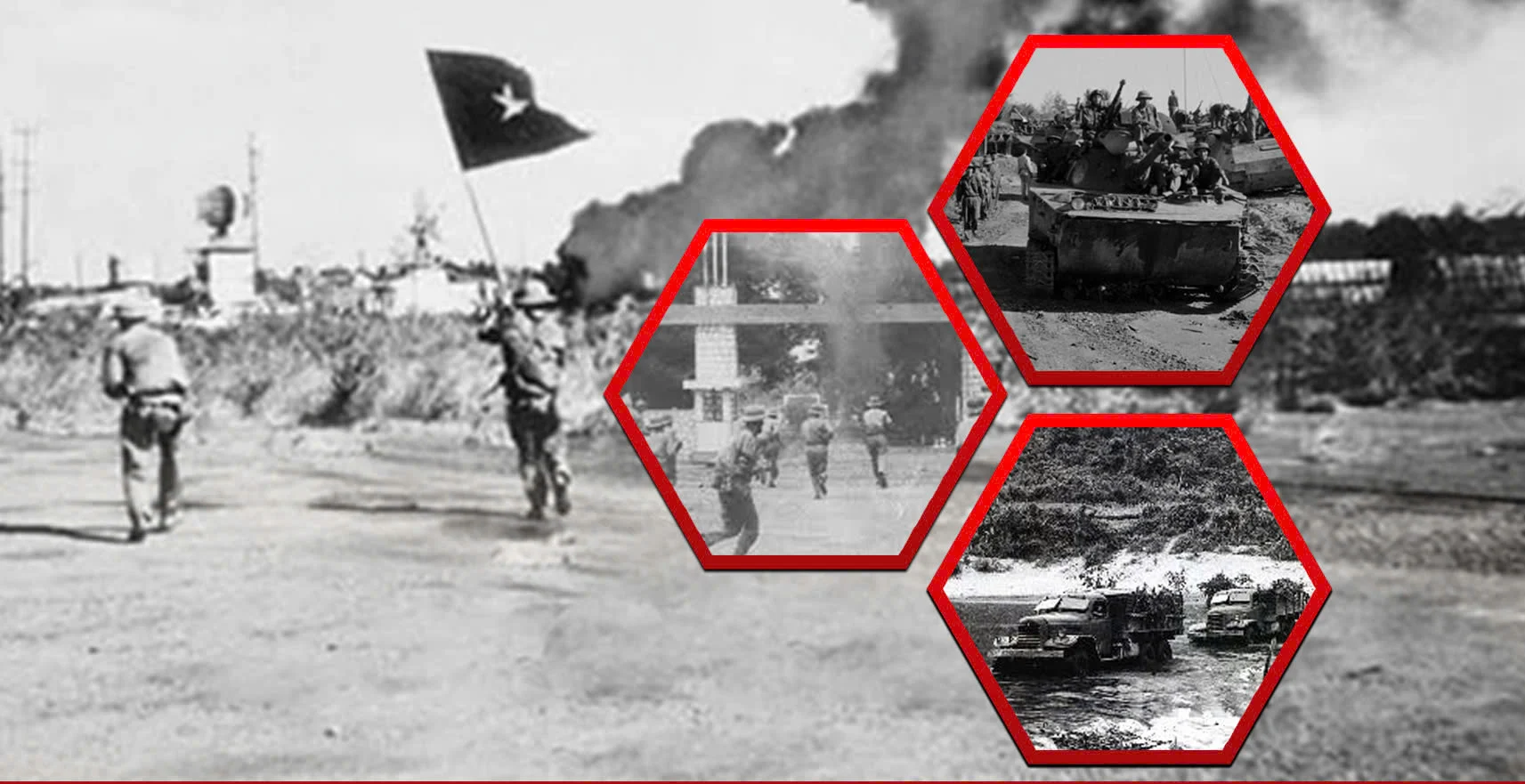

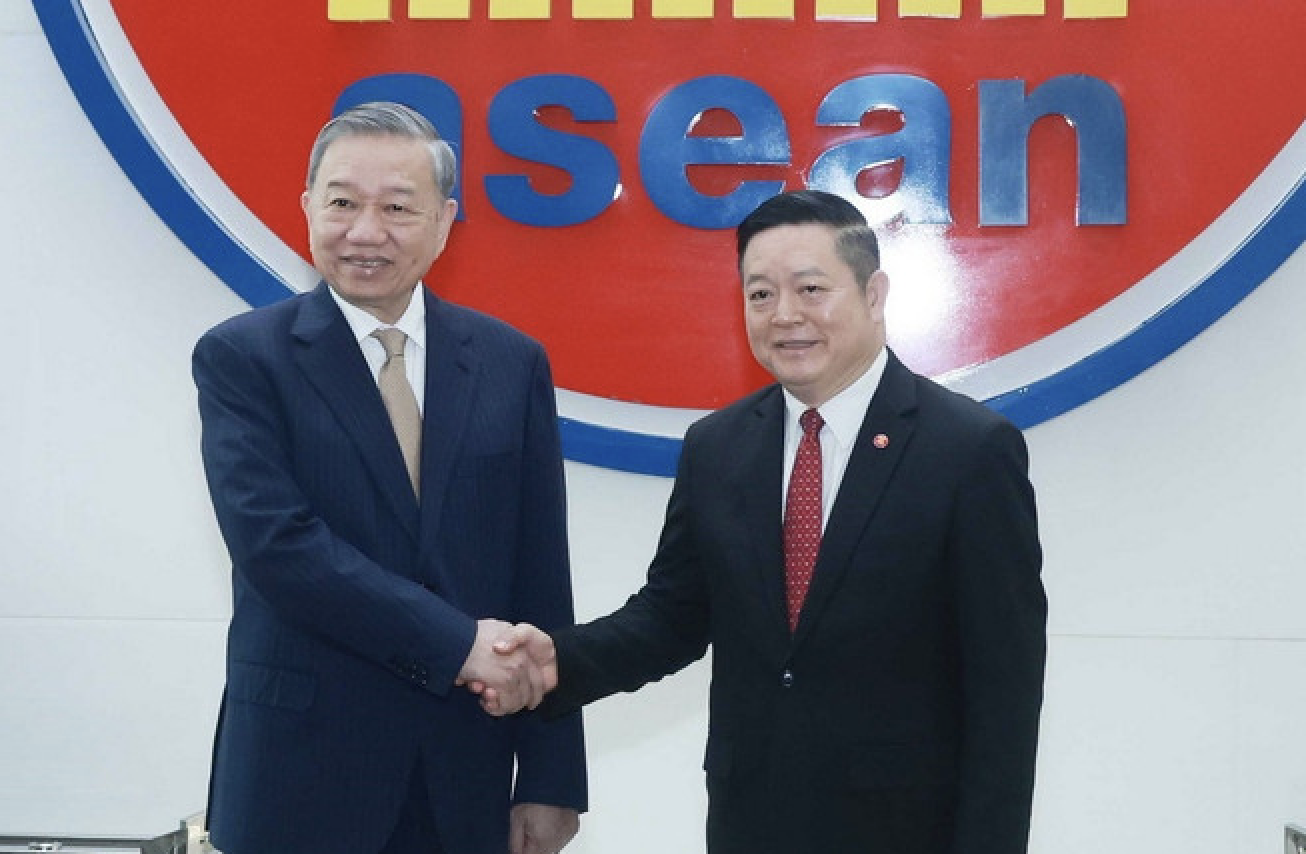

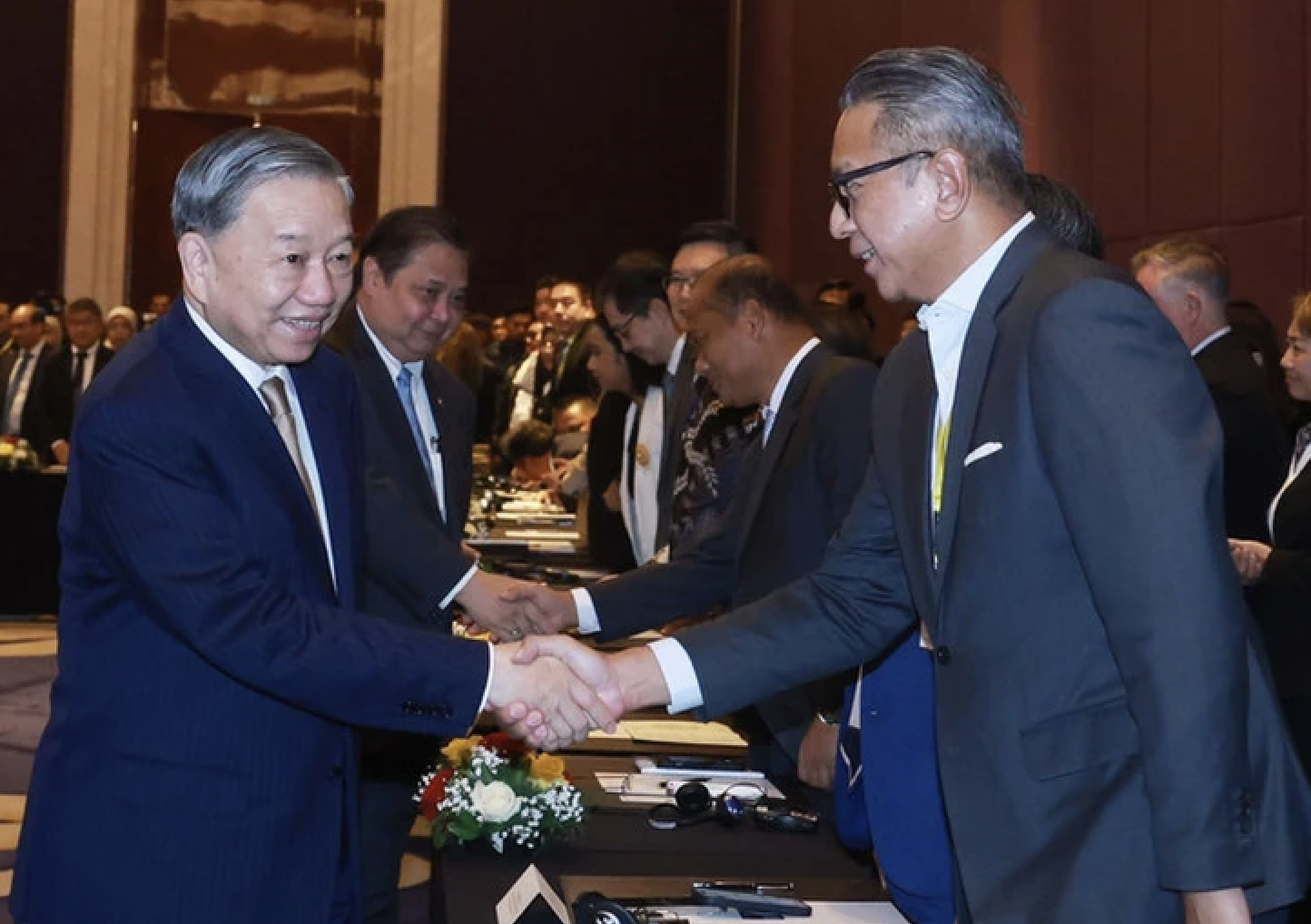

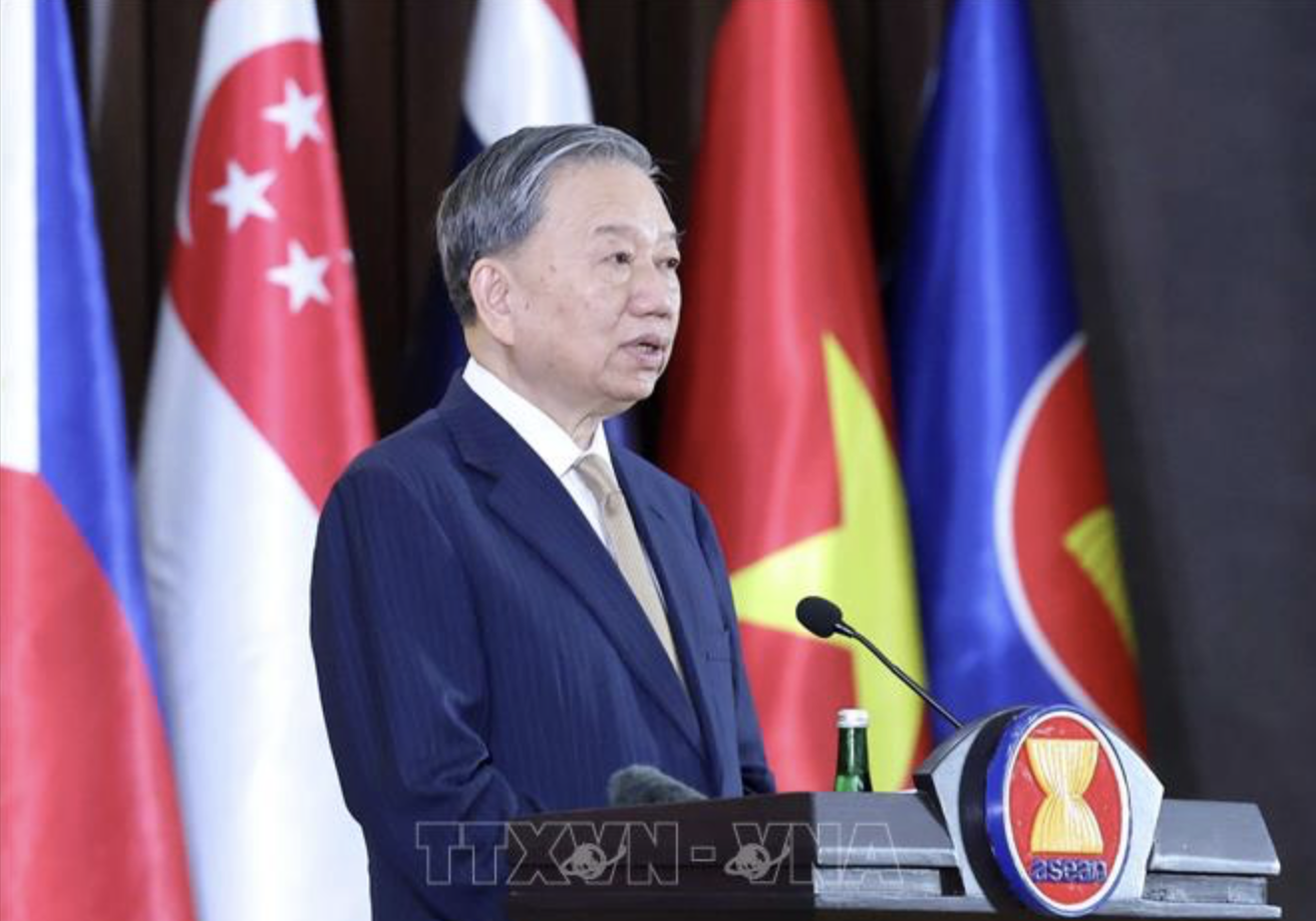

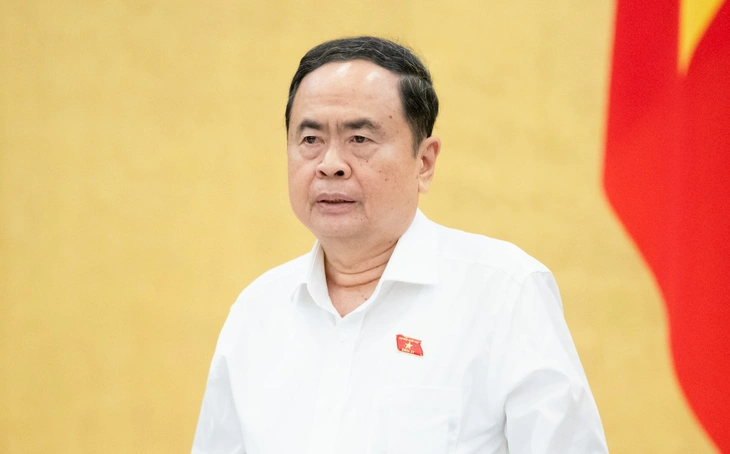
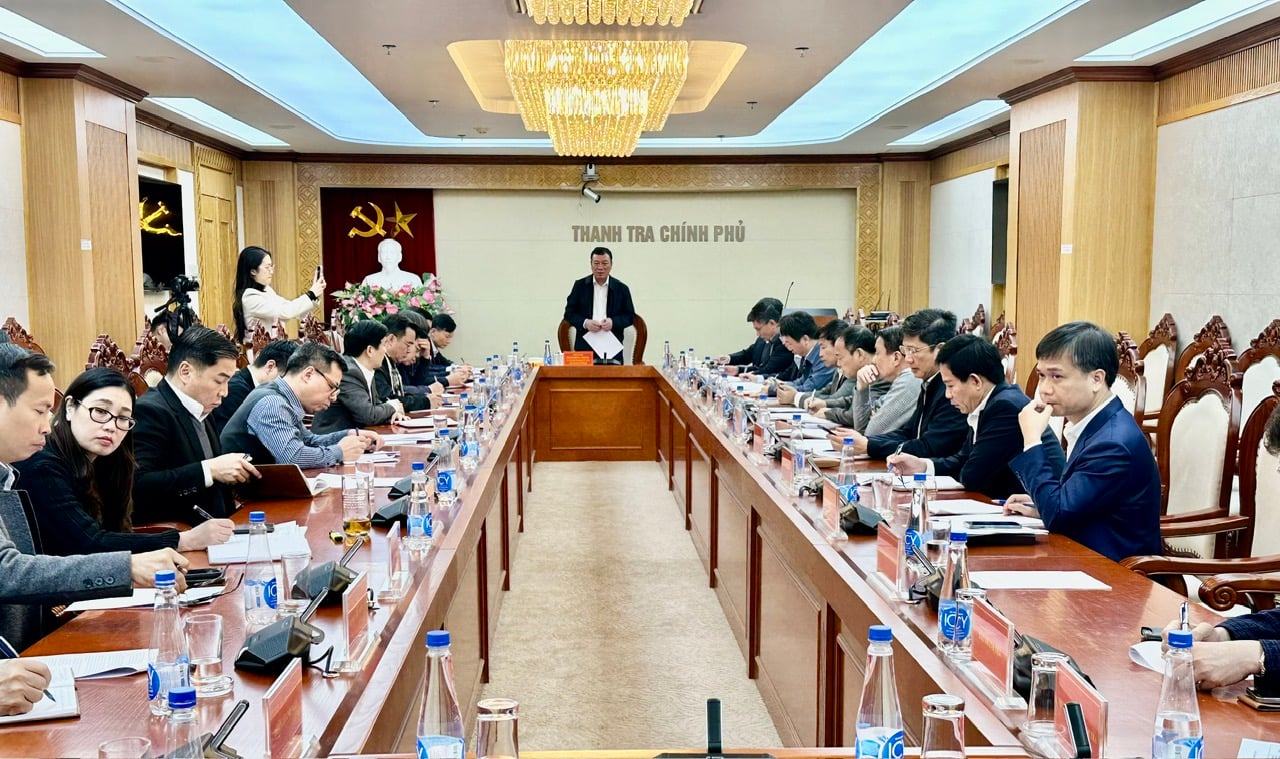

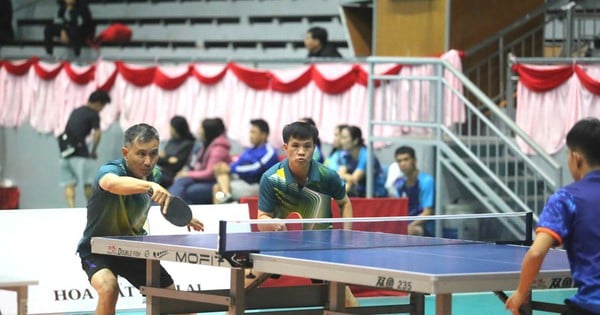

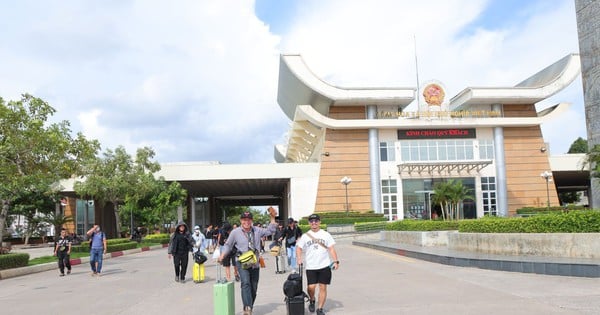
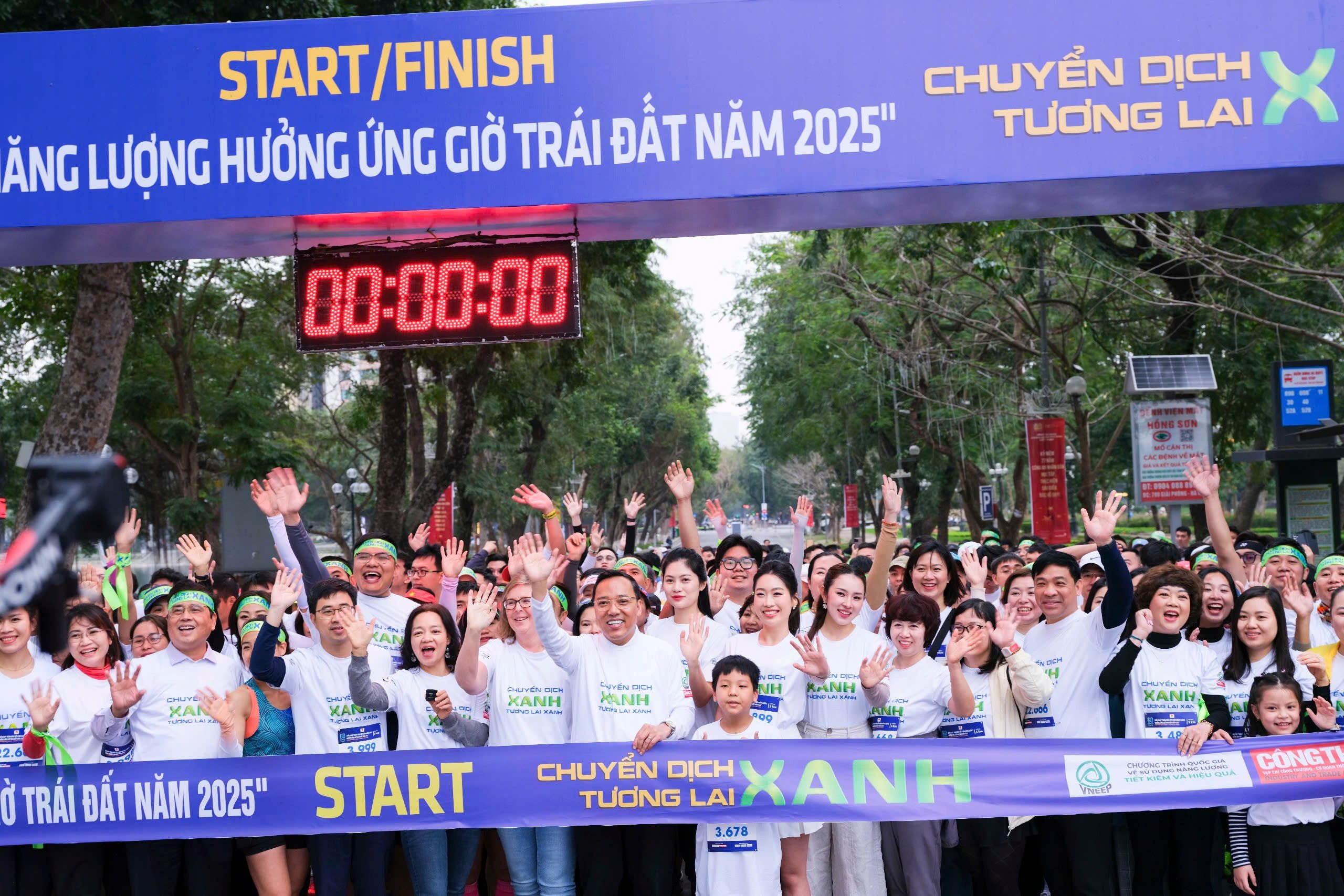









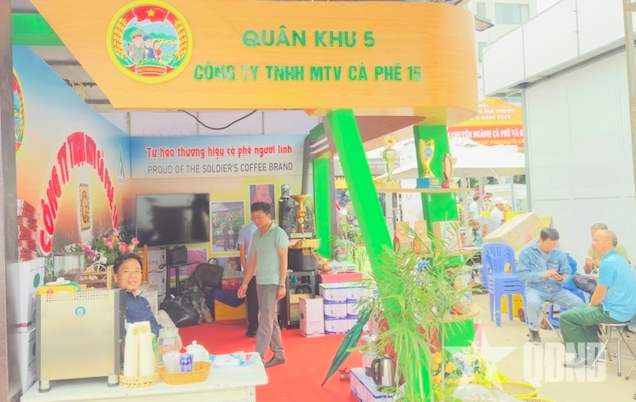


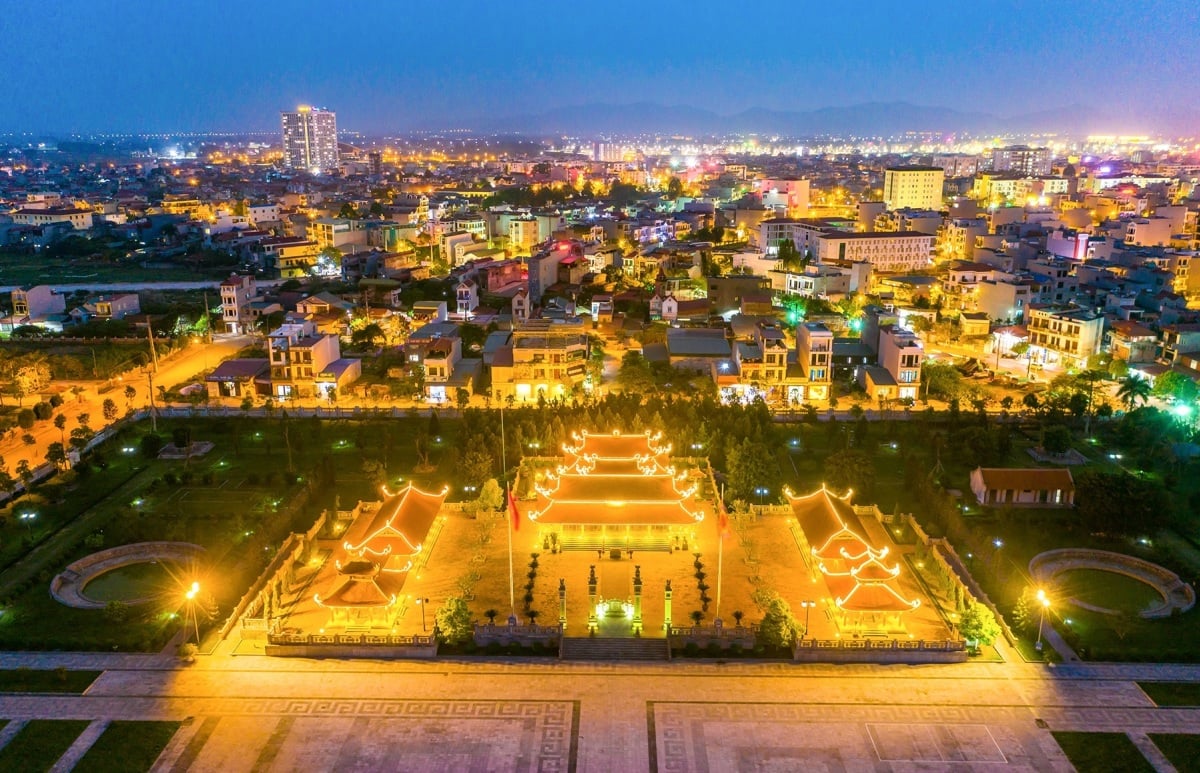
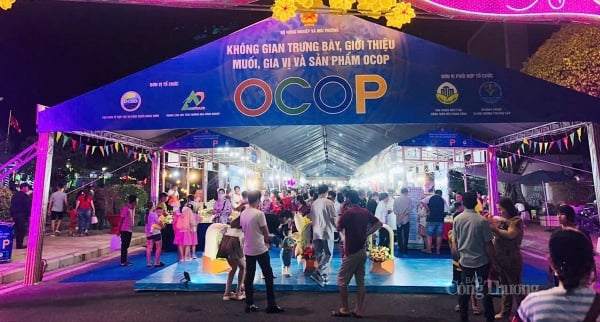

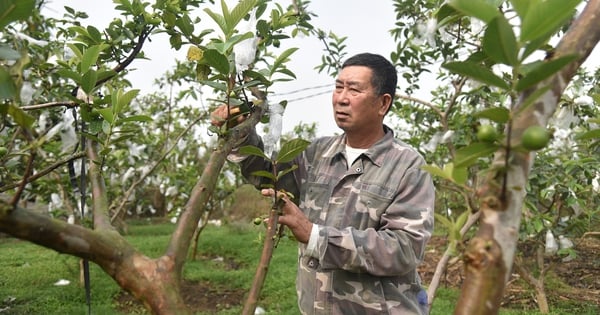

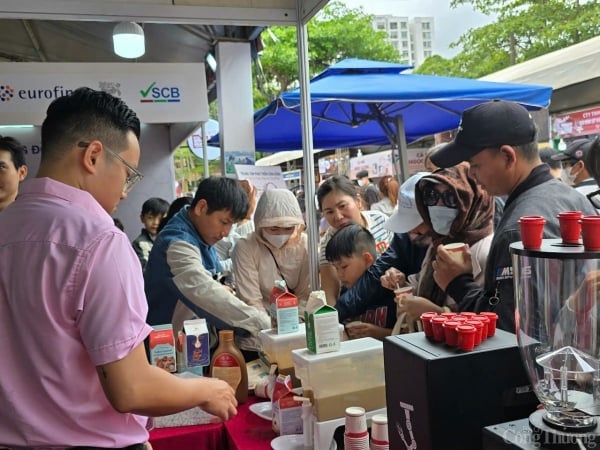

Comment (0)